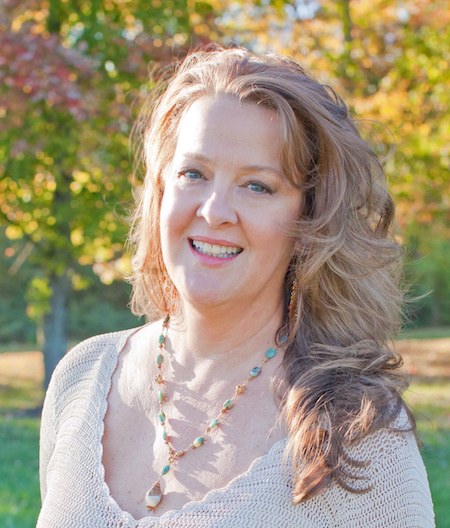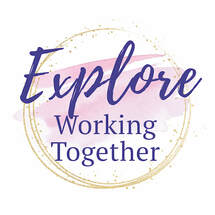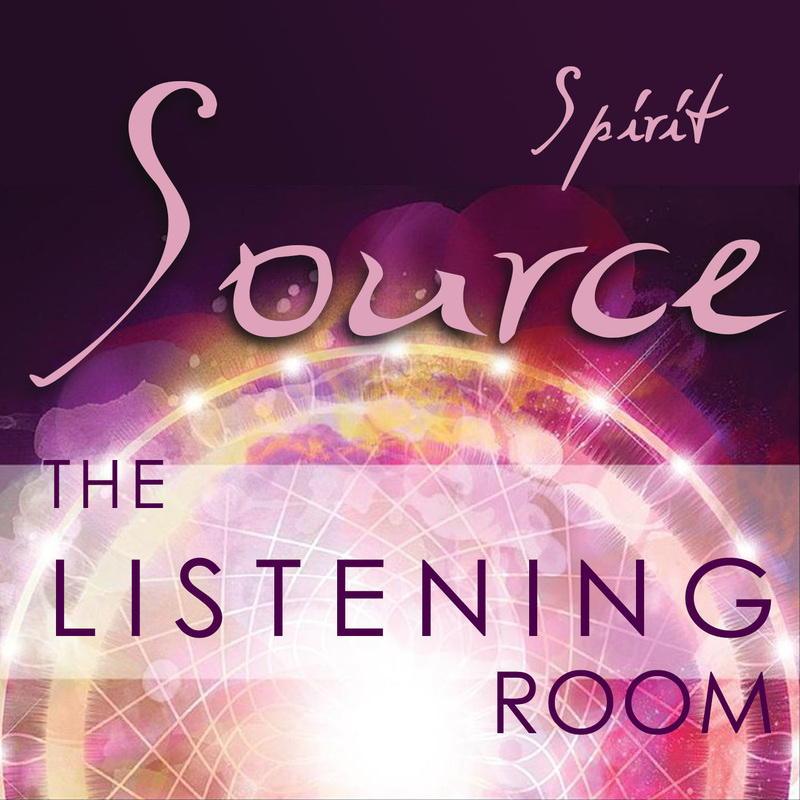- Home
- Sessions
- Coaching
-
Global Energetic Downloads
- See All GED Titles
- All of Creation
- The Song from Your Home
- The Light of the Earth
- The Journey of Joy
- Gifts From Your Soul
- De-Light-Ful
- Amplify Your Love
- The Higher Realms
- Cleansing the Mind
- The Primaries
- Vast Ocean of Love
- Giving and Receiving
- Your Little Ones
- Your Soul's Desire
- Creative Imaginings
- Wings of Forgiveness
- Your Source Within
- Rejuvenating Source Energies
- Multi-Colored Ray of Light
- Guiding White Light
- Chakra Wash
- Green Emerald Healing
- All of Creation
- Shop
- Blog
For many years I have been a follower of the Royal Family, including learning about and watching so many films and documentaries about its rich history. There is so much there, and it is a partial story of humanity. We are entrenched in all of humanity's history, and the story of England and its Kings and Queens is no exception. It is not because I have some kind of adoration for a higher order, or hierarchy, in fact it's just the opposite. I see these people simply as individuals who have been thrown into situations, born into situations that many of them wish they hadn't been. But alas, they are and make their ways through it. So although they are symbols of elevation, they are still very much human beings. Each crowned King or Queen of England has undergone a process of being anointed with holy essential oils, and from that moment on they are emblematic of the Divine here on earth. Ever since I learned about this - the anointing with the holy oils - I have been watching and, yes, learning more about all things related to the Royal Crown of England. For the most part what I find intriguing is that the monarchy sees the throne as a Divine appointment. It is handed to an individual as a gift from God, replete with responsibilities which would include being the intercessors between God and humankind. Kings and Queens being closer to God, receive Divine guidance to lead and guide their people. These individuals are descendants of a long lineage stretching back more than a thousand years and I have often found the stories of intrigue and peril relating to the line of succession fascinating. One of my greatest historic heroines is Elizabeth I. I always have looked to her as inspiration whenever faced with leadership and/or opposition challenges. Elizabeth experienced a constant barrage of opposition from all sides, including calculated schemes of murder from both within and outside her own court. Multiple countries throughout Europe wanted to take over England, and saw Elizabeth as a young, weak woman who could easily be toppled. Within her own court there were leaders who thought there should be another successor to the throne other than this 18 year old girl who was not trained nor prepared for the role. Elizabeth survived her throne for so many years because of a few close loyalists who advised and looked out for her wellbeing. She also had to connect with some deep personal inner work in order to find her own power from within, to lead England at a time when its power was quite precarious. She then went on to lead her country into its longest period of prosperity and growth. She always a reminder for me of what true personal power can actually become in the world. Now, here are Harry and Meghan, with Harry a direct descendent of that long Royal lineage. Why is this marriage significant you might ask? I'm sure you have heard about all the strict governing rules and conventions regarding what would be an appropriate Royal marriage within this family. Prince Charles had to abide by all of these rules, and we all know what happened there. Or when when King Edward the VIII abdicated because he would be able to marry the love of his life, a twice divorced American woman. You may have heard Meghan speak or have seen her in her acting career. Yes, she is breaking tradition with regard to what is acceptable within the Royal Family in so many ways, but for me, there is much more going on here than the superficial rules that are being shattered. This is a story of love—love meant to unite two individuals who are passionate about making change in the world. When Princess Diana died so unexpectedly, many of us were shocked and devastated. She was the Princess we could so closely relate to and not just in a personal sense. There was a wider narrative unfolding during Princess Diana's reign: Many women worldwide were waking up and moving on from marriages or other associations with men where they were dominated, silenced, and unable to live their own lives of their own accord. A new wave of independence for women was happening in Western Civilization, and as we watched Diana's story unfold, we saw how she epitomized for us a larger drama seeking to find the light of awareness. Diana also endured—as we found out later—being frowned upon and disapproved of by her husband’s family. This left her feeling isolated and alone, in a caged world where she could not be herself. She felt very unloved and even at times, disregarded and fought against by her own inlaws. Not only was Diana trapped, but she felt used. Yes, she did fill all the "right criteria" for being the wife of the future British monarch: She was a virgin and of aristocratic origins. She was attractive and had a suitable career as an elementary school teacher. There were no indications of "previous boyfriends" that might rise up in future years to make claims about Diana's past. Charles and Diana had barely met more than twenty times before he had proposed, and the engagement was set. A simple girl, leading a fairly quiet life, was now suddenly thrown into the spotlight of International interest. There hadn't been even the slightest coaching or instruction from her future in-laws on how to handle and manage such high scrutiny on a daily basis. She was awkward, uncomfortable, and did not know how to handle herself as she was being chased down by a frenzied paparazzi wanting to know all about her. It was this very real, and honest discomfort that drew so many around the world to feel closer to her; that she was a real girl, unsuspecting of what to do or how to handle all the attention, and we found it so endearing. Diana thrived. She learned. Despite all the constant attention and scrutiny, she continued to grow and we watched it all unfold as she blossomed. After the children were born, Diana seemed quiet, despondent, and visibly sad in the many public state affairs she and Charles had to participate in together. We learned later that Charles was openly spending time with and seeing his former girlfriend, Camilla Parker-Bowles. Even prior to their wedding, he didn't even make any attempt to hide it from Diana. There was an entitlement there, and we could all see it. But for Diana, this was her love. She had married her Prince and was going to be his mate and wife for life. So when she saw all the details left around her, and realized what was happening, her heart was truly broken, and she was unable to move out of her situation. Members of the Royal Family do not divorce or separate. Although some had in the past, it was only very few. So for especially those in line for the throne this was not an option. Diana was able to find love outside the home in her work with the general public. She became so adored for all that she did, and the more she focused on helping others, the more she was beginning to find true fulfillment. For many women who were watching from the outside, witnessing another woman overcome seemingly impossible circumstances, we found ourselves rooting for her. She did triumph, and she did it with such style and grace. The whole world had fallen in love with Diana. In one documentary I watched this weekend about her charitable efforts, one colleague of hers who worked in the field for exposing the horrors of land mines, said, “In many ways, Diana’s commitment to helping those less privileged was the thing that saved her.” It was a powerful statement, and a testimony to her turning point. She was still receiving a lot of criticism and ridicule from the British government and press for her actions, but her compassion and motherly instincts took over. She continued to pushed forward to make sure the entire International community knew just how devastating this largely ignored issue was. She stood up and made requests that land mines be permanently banned. No one had ever made such a bold statement, and never had a British Royal gotten involved in political matters. It was simply not allowed. When Prince Harry was seen walking behind Diana’s casket during her funeral procession, it was so obviously clear: this boy was angry. He was not only sad as his older brother was, he was seething mad. Traumatized at loosing his beloved mom, and you could see it. Betrayed. He was angry at whoever took his mother away, and it would be a very long time before that boy could heal. In the following years, because Harry's feelings never really got appropriately addressed, they got shoved down. In his teen years he went on to rebel against everything to do with being a Royal, expressing his anger and resentment toward the strict roles that were required of his family members. He blamed the loss of his mother on being a Royal. He was angry for a long time and in his current interviews, he admits this openly. It wasn’t until 2004, when Harry went to Lesotho, South Africa to volunteer at a school for orphans, that a smiling Harry could be seen for the first time. He was in a state of joy. He could be himself. He could give and exchange love with the children. He had found something of value, and in this, he may have found himself, just like his mother before him. In the coming years, besides entering into and excelling in the British Army, he decided to pick up his mother’s legacy by continuing to pursue the very same causes that she had been passionate about. The collaborations Diana had begun were picked up again and new awards and recognitions were created in her name to honor individuals with strong community outreach and charity work. Harry went on to start the Invictus Games, an Olympic-style competition for wounded soldiers. Fast forward: You don’t always get to pick who you fall in love with; it just happens. When Harry and Meghan met, “It was instant,” he said. I am sure they must have seen so much common ground with their parallel efforts in charity work when first getting to know each other. I honestly think that it wouldn’t have mattered what Meghan's nationality, race, or career was: She was obviously his girl. Here he saw another human being as passionate as he was about being a force for good in the world who also shared his deep love of Africa. Meghan Markle started her own political activism at a very young age, eleven to be exact, when she wrote a letter to Proctor & Gamble pointing out the sexism in a dishwashing liquid ad. They changed the ad. Taught how to think for herself and to speak out where she saw injustice happening, Meghan was recognized for her activism long before she met Harry. I recently watched a British female newscaster unable to find the appropriate words to represent “menstrual health” during an interview on the BBC. Meghan’s most recent campaign is to help girls in India transcend the stigmatization of their periods, which stops them from going to school. Very often the girls end up quitting school altogether when their period first arrives. Michelle Obama brought to light this same subject in 2016, but it is still largely ignored. Meghan recently penned an article for Time Magazine about how it affects potential in girls and she is working directly with a local charitable organization that makes feminine hygiene products to help women across the country. She is comfortable tackling difficult and unwieldy subjects. To see her walk down the aisle this weekend, by herself, unaccompanied by her father but accompanied by what seemed like a celestial choir, it seemed we were witnessing a miracle in and of itself. It was a marriage that the Queen had needed to approve of before going forward, and she had. Queen Elizabeth II has seen throughout her lifetime a great many difficulties and challenges caused by the Royal requirements to anyone wanting to become a spouse to a member of the Royal Family. When she was just a girl, the Queen witnessed her uncle Edward fall in love with an American woman who was already divorced, and still married to another man. Her uncle Edward's love for Wallis Simpson became paramount in his life, and there is nothing else he wanted more than to be with her. When his own father, King George V, died, Edward was next in the line of succession and was placed directly on the throne. He became King Edward VIII. It was at this same time that he and Wallis Simpson were solidifying their relationship. There was no way he could ever marry her because, as the head of the Church of England and as King, marriage to a divorced person was not allowed. Divorce at this time was not acceptable in the Church of England nor in British life. Because Edward was so popular with his people, he thought that he would be able to marry Wallis Simpson, who would then become Queen. They immediately went on holiday, and all the photos of their time together were spread throughout Europe. But England would have none of it. The people were outraged by this American divorcée, claiming that she was manipulating their King, and parliament even ruled that the marriage could not take place. Edward had to decide: his love for Wallis, or his place on the throne. Edward abdicated. This put his younger brother, Albert—Queen Elizabeth’s father, who was next in the line of succession--directly on the throne. He was named King George VI. He personally had no interest whatsoever in becoming King. He suffered from a horrible speech impediment (see The King's Speech with Colin Firth—an excellent movie!) and was often not well. In fact, as soon as he took reign his health quickly worsened because of the stress and his incessant smoking. His wife, Queen Elizabeth Bowes-Lyon, was often heard naming his older brother's abdication as the cause of her husband's declining health and subsequent early death. Obviously, Queen Elizabeth II, as a young woman, was witness to all. Our current Queen Elizabeth saw first-hand the damage that can happen to families when a great love is at stake and takes precedence over the monarchy. She witnessed the number of lives affected, including the complete change in direction of her own. During Elizabeth’s reign, her own sister Margaret fell in love with a married man, Peter Townsend, who had been hired by her father to work for the family. After the affair had become public, he soon divorced and he and Margaret wanted to marry. The public was also in favor of it, and could see the love between them. But the government held fast to the rule that divorced persons were not allowed to marry into the Royal Family, and the queen was in the middle having to negotiate both sides. This went on for years, with Princess Margaret being told she could marry Peter if they "waited a year." But when the year was through, once again, the government would not approve the marriage. Then once again she was told if she waited until she was 25 years old, then she could do what she wanted. But once again, it was the Church of England this time that interceded, noting that a member of the Royal Family was not permitted to marry a divorced person. 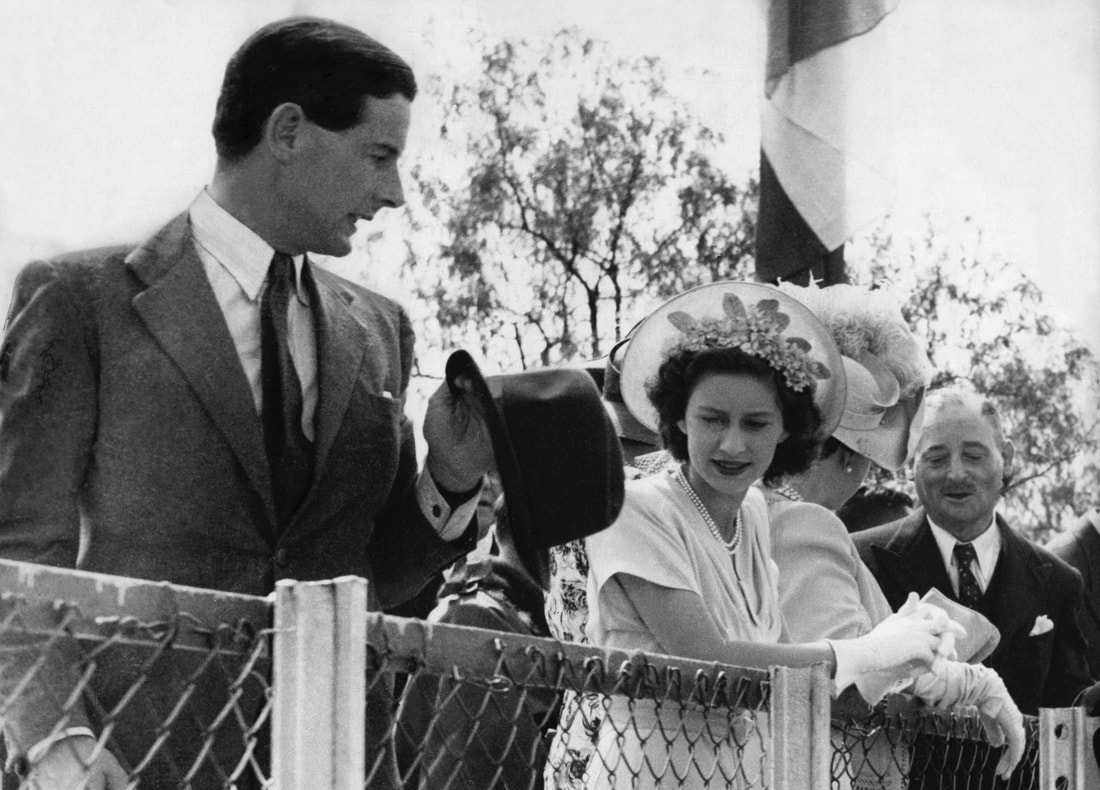 Princess Margaret and Peter Townsend Princess Margaret was devastated, she blamed her sister, and their relationship was never the same. She herself never really recovered emotionally. She went on to marry Anthony Armstrong-Jones, an artist and photographer, a “commoner” deemed entirely inappropriate to the Royal Family. They had two children together and then later divorced. When Prince Charles came of age, another dilemma presented itself in the Queen's immediate family. Charles and Camilla Parker-Bowles met at a party, and right away she pointed out to him that her great grandmother was his great grandfather's mistress, and that they had a long-term affair. Charles and Camilla fell very much in love, but although they would have married, the decision was made by the family that it was quite clear Camilla would not be an appropriate wife for Prince Charles. Although she did come from an aristocratic family, Camilla was not a virgin. It was in the early seventies at the time, and the sexual revolution was in its fullness. Camilla had already had a few long-term boyfriends. Charles was told by his father and his uncle - who was his great mentor - to "forget about her". He wasn't able to, so they sent him to join the Royal Navy thinking this would be the best solution to make him forget about his girl. When Charles returned from being at sea nine months later, Camilla had married. Never was Charles to find another love to take her place. He dated for many years, with no success and it took quite a lot of convincing from his uncle "Dickie" or Louis Mountbatten and his father to get him to knuckle down and get serious and marry someone. After only twelve quick meetings with Diana, he proposed, and she said yes. The rest, as we know it, is history. We know of the loveless marriage; the disappointment of Diana and her resulting sadness, depression, and debilitating eating disorder. Rising above what the Royal Family expected of her—which was to keep quiet—she broke her silence and spoke at length about the difficulties of her "marriage of three." She was the Princess and future Queen and also mother to the next heir, and yet had not ever been acknowledged, loved, or accepted into the family. Diana's death came so unexpectedly. So many of us were so concerned about the boys, and how they would be affected. Obviously, this devastation to them would last the rest of their lives. William was a bit older, but for Harry, we weren't sure he would ever recover. He was so young, so attached to his mother, and so visibly angry. When Harry came forward and asked the Queen’s permission to marry Meghan, it was done more so in telling her that these were his intentions. Although he was "asking her permission" to marry, as it was the custom, I'm sure Harry was quite clear, and strong in his intentions to do so. I am sure that the Queen could see his love for his new mate, and recognize the truth of it when he spoke to her. She would have had many years of history informing her decision on what to do about this announcement. She had directly what can happen to so many when a love is denied. She could look to her family's past history, and what her uncle Edward had decided to do when he had found his true love. She could look to her sister Margaret, and see what had happened there, and to her relationship to her when her love was denied her. She could look to her own son being denied the possibility of marrying his true love, and the disastrous marriage that resulted as a consequence. So much damage had happened to many involved when there was a forced marriage that had to occur for the 'sake of the family. Would she allow this to happen again to her beloved grandson, who for so many years had remained at risk, and without direction? He was so often very unhappy and unable to find his place in the world. Meghan was divorced. She was an American. An actress, and this was seen as on the edge of being acceptable in any aristocratic circles. She was biracial, another new and significant insertion to the Royal Family. She was politically vocal and had a strong social media presence. Any one of these elements alone would have made her "unsuitable" as a Royal Consort. But there was more to Meghan than all of those elements added up together. Meghan was devoted to good causes and used her platform to highlight issues around the world that needed attention. This is likely a large part of why Harry fell in love with her in the first place. She was a woman who shared his own heart's sensibilities. Could this even be possible? A woman similar to his mother in demeanor and compassion? Committed, charitable, beautiful, and self-sufficient? Meghan also carries a grace and class in her presence that is so elegant. I can’t even begin to think what Harry would have done if his love for Meghan had been denied. There were rumors at a certain point in the past of his considering leaving the Royal Family altogether. Would this have been the impetus to move that forward? Or would he have ended the relationship and retreated once again into anger and depression? Fortunately the queen, recognizing Harry’s joy and seeing the value in what both Harry and Meghan shared together, gave her blessing for their marriage. I am sure she recalled all the lessons of love from her family's history. In many ways, we could say that all those lessons from the past have brought us to this moment in history, where a Prince in direct line of succession to the throne welcomes into the monarchy a biracial divorced foreigner, destined to leave her mark on future generations to come. Now Harry and Meghan’s work—their true purpose as a couple—can begin. Both are so dedicated to being forces for good in the world. They will be focusing on the broader Commonwealth outside the UK, and will be traveling to many countries around the world to meet with other leaders and organizers of charitable work. They will have the blessed opportunity to shine their light on issues and situations that need attention around the world. Their enthusiasm for this work is palpable. With this new holy union, we shall all now witness an example of the staying power of love’s force in the world, directed toward a higher purpose and assisting those in need. Thank you, Meghan, for being who you are, and for representing us in the UK and the Royal Family. I look forward to watching your story—and your work in the world—unfold. Many Blessings,
0 Comments
Leave a Reply. |
AuthorCategories
All
Archives
September 2023
|
- Home
- Sessions
- Coaching
-
Global Energetic Downloads
- See All GED Titles
- All of Creation
- The Song from Your Home
- The Light of the Earth
- The Journey of Joy
- Gifts From Your Soul
- De-Light-Ful
- Amplify Your Love
- The Higher Realms
- Cleansing the Mind
- The Primaries
- Vast Ocean of Love
- Giving and Receiving
- Your Little Ones
- Your Soul's Desire
- Creative Imaginings
- Wings of Forgiveness
- Your Source Within
- Rejuvenating Source Energies
- Multi-Colored Ray of Light
- Guiding White Light
- Chakra Wash
- Green Emerald Healing
- All of Creation
- Shop
- Blog

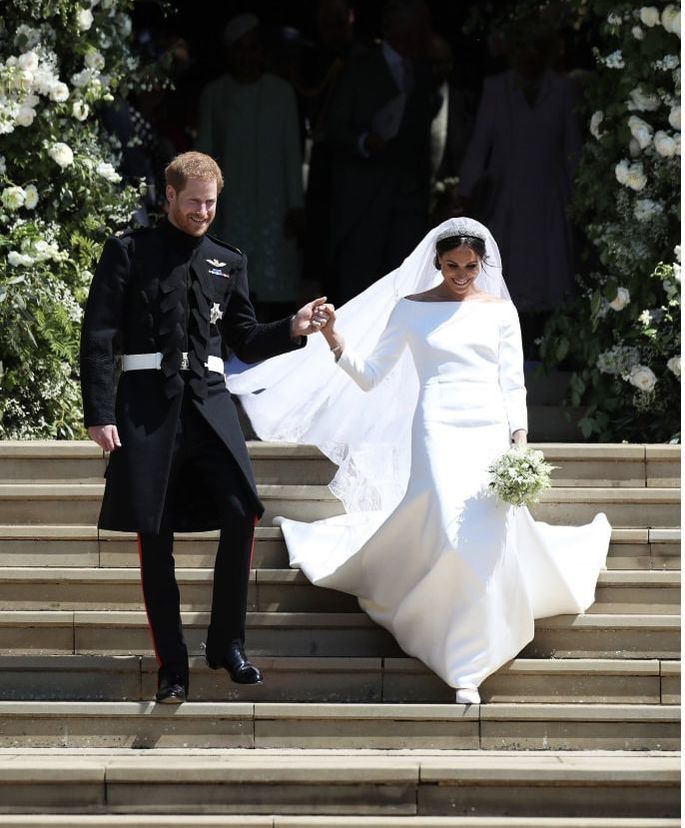
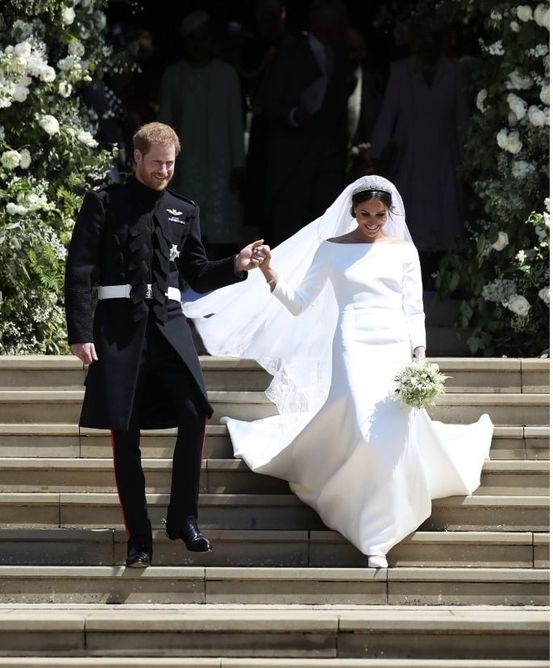
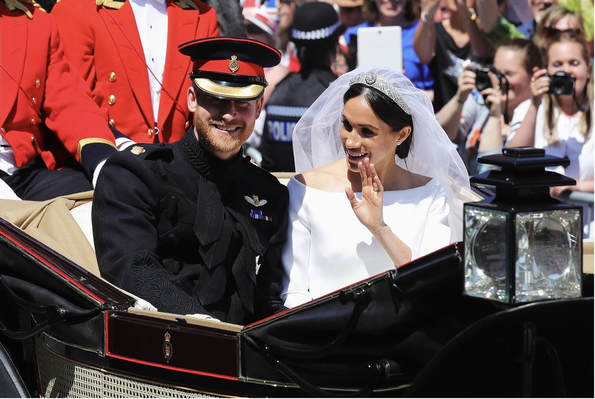
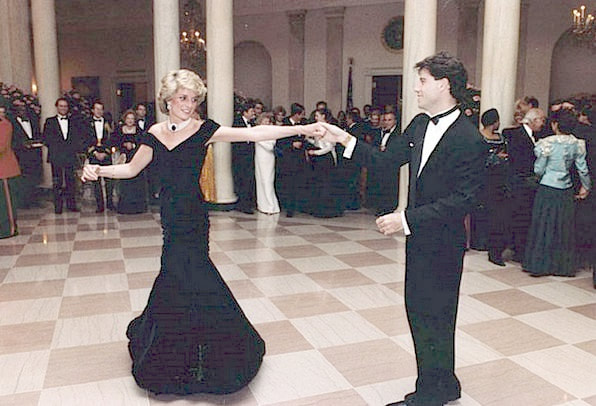
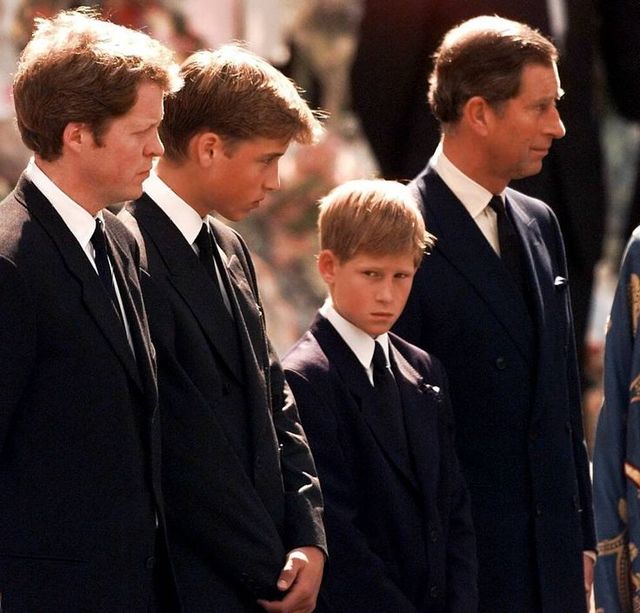
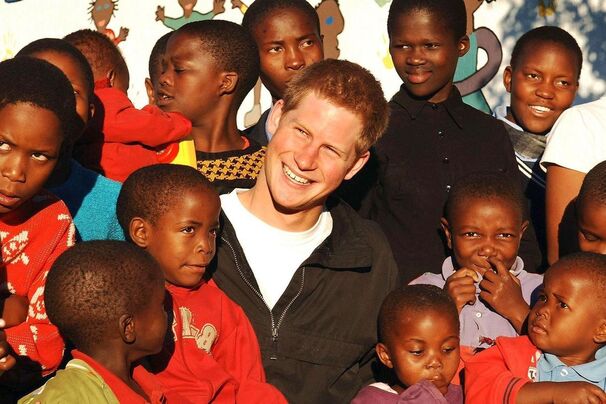
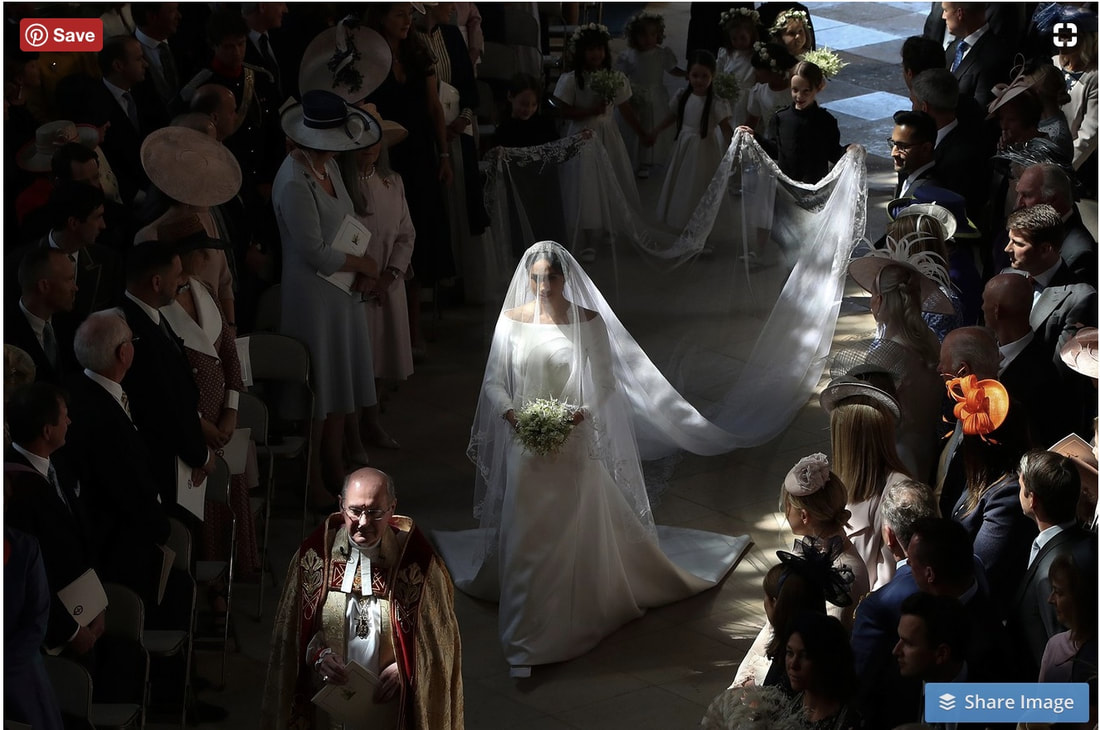
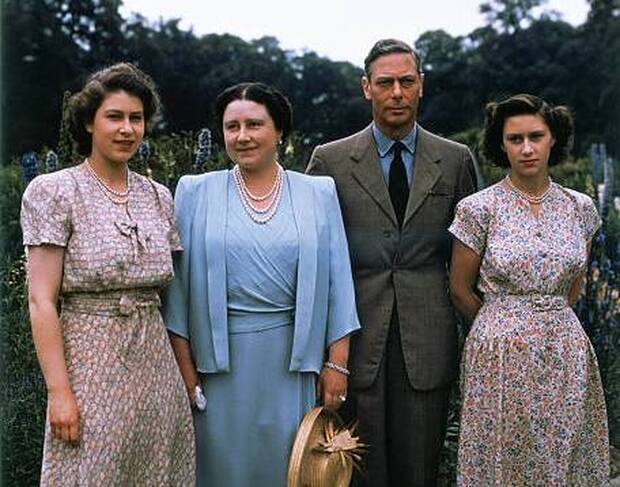
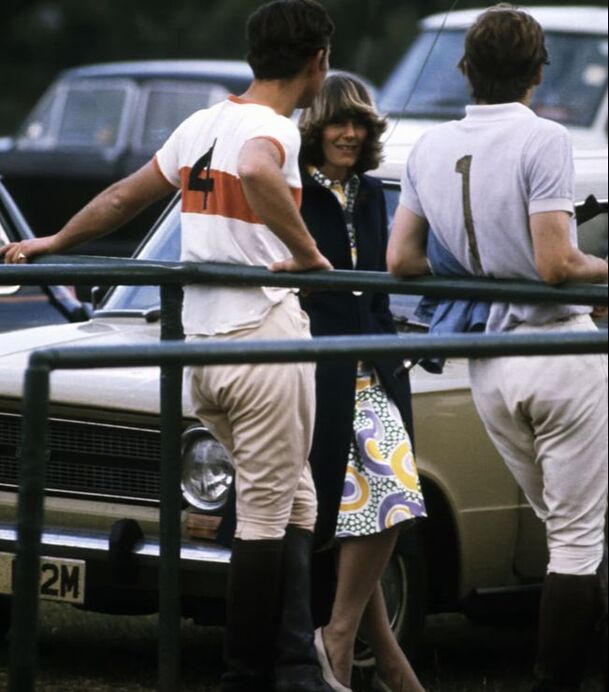
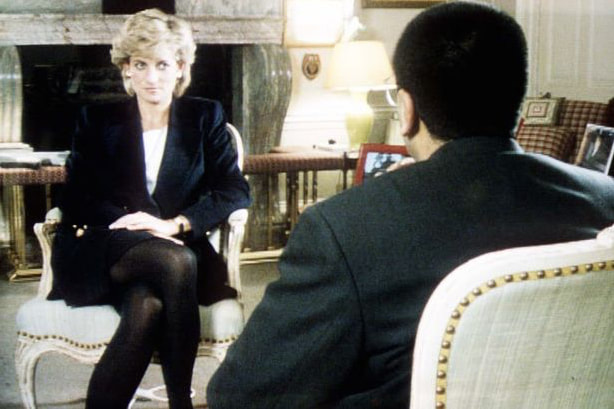
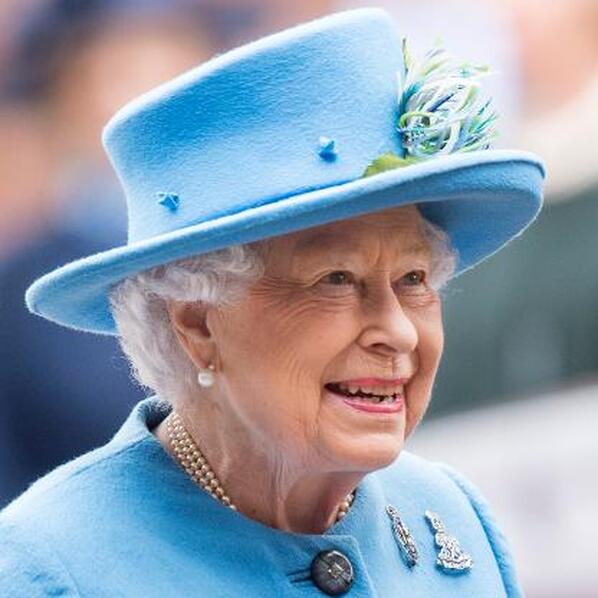
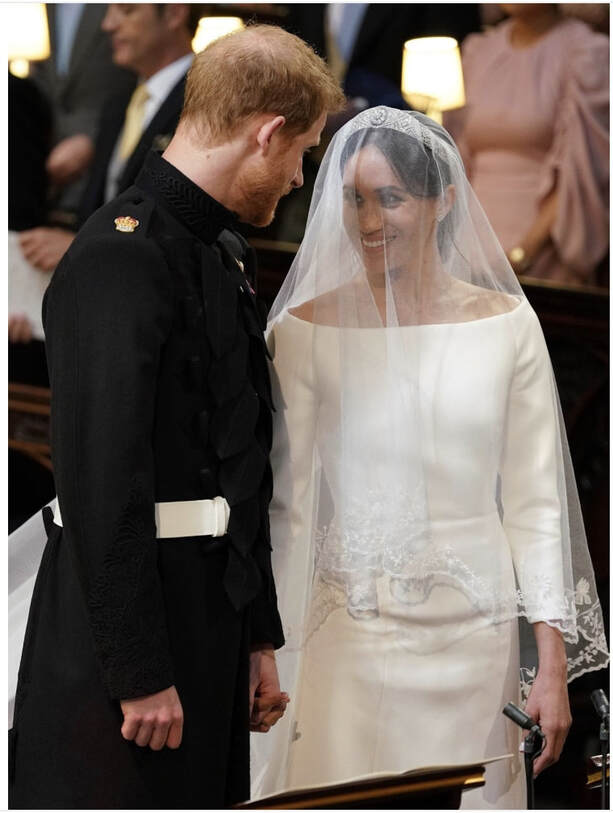

 RSS Feed
RSS Feed
